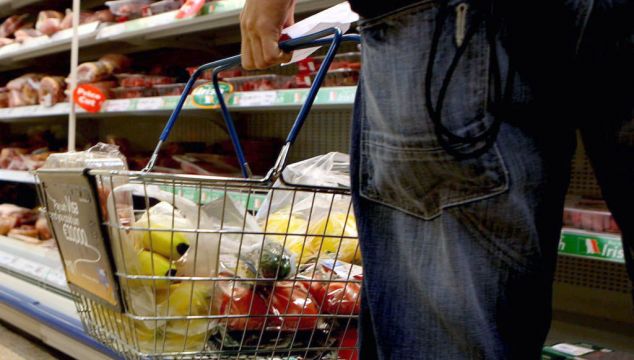The annual rate of inflation fell to under 3 per cent in March, the fifth month in a row that the rise in the cost of living was under 5 per cent.
According to the Consumer Price Index compiled by the Central Statistics Office, prices are estimated to have risen by 2.9 per cent in the 12 months to March this year.
That compares to an annual rise of 3.4 per cent over the year to the end of February.
But when energy costs and unprocessed food are removed from the calculations, the consumer price index rose 4.1 per cent over the year.
The figures showed a significant rise in the cost of recreation and culture, which increased by 8.3 per cent over the year to the end of March, as the prices of package holidays increased almost 40 per cent, and a 5.5 per cent hike in costs at restaurants and hotels.
Daragh Cassidy, from price comparison site bonkers.ie, said the drop in inflation was welcome, but many consumers are still feeling the pinch.
"Despite recent drops, gas and electricity prices are still around 80 to 90 per cent above what would, until recently, have been considered normal levels. While food costs have increased by around 20 to 25 per cent over the past two-and-a-half years. And we’ve also seen big hikes in health insurance costs over the past year also.
"So it could easily take another two or three years for consumers to regain the purchasing power that they lost since the cost-of-living crisis began."
Paul Walsh, spokesman for Peopl Insurance, said motorists will be feeling the impact of the fuel price hikes which kicked in at the start of the month.
"Unfortunately, these fuel excise duty increases fell in the same month that the last of the energy credits are to be paid," he said.
"Due to be paid by April 30th, this energy credit is likely to be the last paid to households this year, unless the Government decides to pay more next winter. Households will feel the pinch because while energy costs have fallen, they haven’t fallen enough to make a real difference to people’s pockets."







